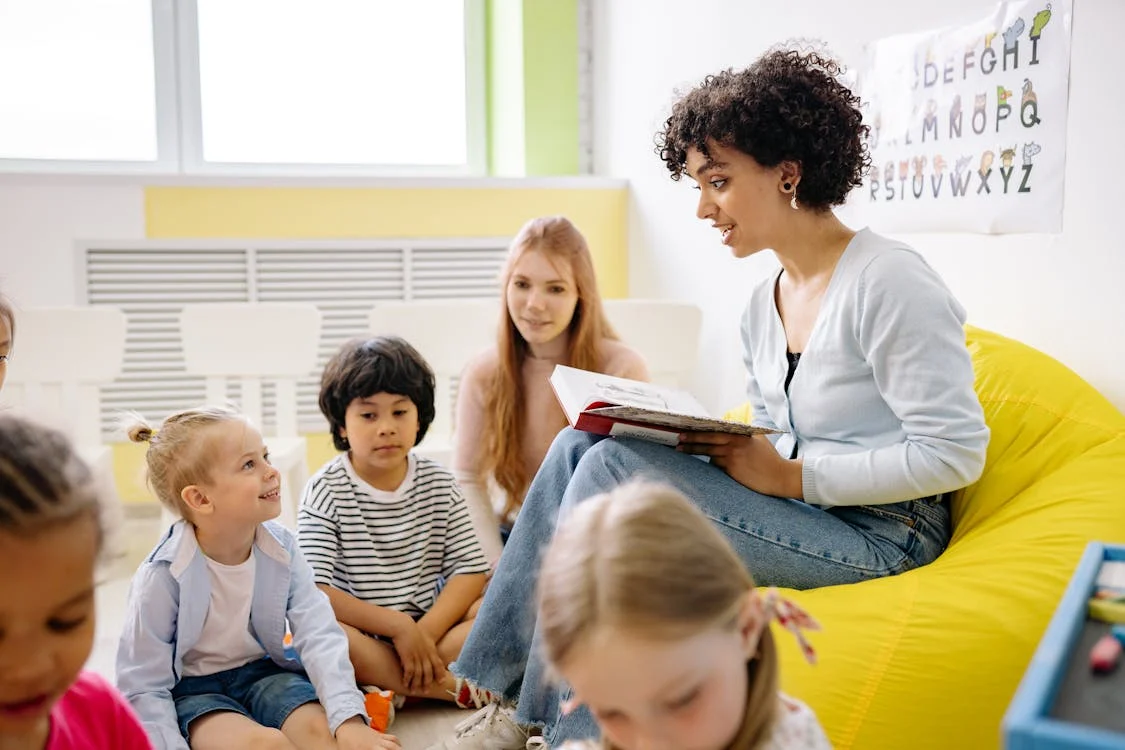Every parent desires their child to grow up to be a gentle and respectful human being. The teaching of good manners for kids at home enhances the values that children learn and develop. The earlier kids are taught polite behavior, the more responsible and considerate they are. Parents greatly influence the way kids learn and develop manners in their daily interactions and advice.
Manners help children understand respect and kindness. A home where kids speak politely and behave well feels happy and peaceful. Good manners at home also help children interact better in school and society. When they learn discipline and politeness early, they carry these values throughout life.
Important Good Manners for Kids at Home
1. Greeting Family Members
Children should say “Good morning” and “Good night” to family members. A simple greeting shows love and respect.
2. Speaking Politely
Using words like “please,” “thank you,” and “excuse me” makes conversations pleasant. Polite speech helps children build strong relationships.
3. Listening to Parents and Elders
Children should listen when someone speaks. This habit teaches them patience and respect.
4. Respecting Family Members
Speaking nicely and respectfully makes a happy home. Children should not shout or interrupt others.
5. Helping with Small Chores
Children should help in simple tasks such as keeping their toys in order and setting the dining table. These habits teach responsibility.
6. Knocking Before Entering Rooms
Children must knock before entering someone’s room. This shows respect for privacy.
7. Sharing with Siblings
Sharing toys and food with siblings instills love and compassion. This helps teach them to take care of others.
8. Table Manners
Eating without creating mess, chewing in the mouth close, and giving thanks after every meal make it a lovely mealtime at home.
9. Telling the Truth
Telling the truth is very essential. By learning how to tell the truth, they have earned the trust of their families and friends.
10. Taking Care of Personal Belongings
Keeping books, toys, and clothes in place teaches a child discipline. A clean home is more comfortable to stay in for all.
Teaching Good Manners in Homes
Modeling Behavior
Children learn as parents do. If parents are polite and kind, so will the children.
Rehearse Daily
Teach children to utter good words. Habit-forming is learned through repetition every day.
Acknowledge Good Behavior
Positively appreciate children when they have good manners. This will encourage them to maintain such behavior.
Share Stories
Stories teach children good morals and mannerism. Parents can read bedtime stories that contain good moral lessons.
FAQs About Good Manners for Kids at Home
1. When should I start teaching manners to my child?Start early. Even small children can learn simple greetings and polite words.
2. How do I make learning manners fun for my child?Use games, role-playing, and storytelling to teach manners in an engaging way.
3. What should I do if my child forgets manners?Gently remind them and show the correct behavior. Learning takes time.
4. How can I encourage my child to be respectful at home?Respect them first. Listen to their opinions and speak kindly.
5. My child won’t share. What can I do? Make sharing bring people happiness. Admire their actions when they share.
Conclusion
Good manners at home shape the character and future of children. A child should be taught kindness, respect, and honesty through practiced habits in daily life. Good manners create a peaceful home and a responsible adult. With patience and practice, all children can learn how to maintain good behavior and treat others with care.




